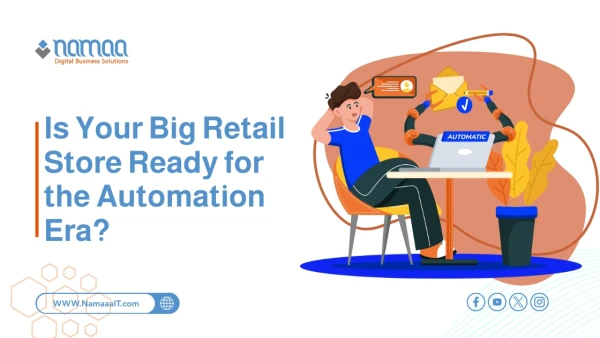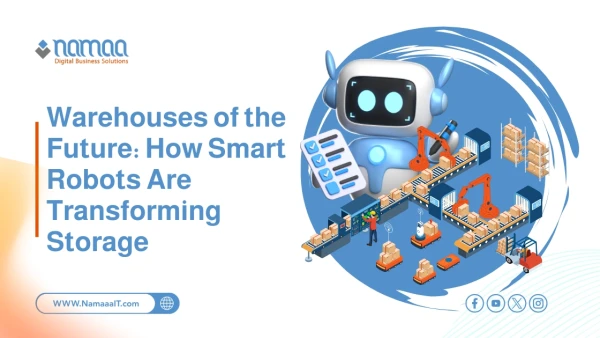AI-Driven Personalization: The Cornerstone of Modern Digital Experiences
In today’s highly competitive digital shopping landscape, AI-powered personalization is the foundation for building deep, sustainable customer relationships. Instead of one-size-fits-all content, AI analyzes vast amounts of data to understand each customer’s preferences and behavior—enabling brands to deliver unique, tailored experiences that boost satisfaction and drive purchases. By integrating machine learning, predictive analytics, and recommendation engines, AI guides the customer seamlessly from that first click to final checkout, removing obstacles and presenting offers and content aligned with their needs. This personalization revolution not only enhances user experience, but also elevates engagement and loyalty—making the customer journey smarter and more efficient for modern e-commerce.
What Is Personalization in Digital Marketing?
Personalization in digital marketing is a leading trend focused on delivering tailored experiences for each user based on their behaviors, interests, and needs. It moves beyond traditional mass messaging to offer customized content and promotions.
Brands use data like browsing history, purchase records, ad interaction, and even geographic location to send personalized emails, recommend products, or customize website content per visitor.
This approach not only increases customer satisfaction and purchase probability, but also fosters long-term brand loyalty. In a market full of choices, personalization becomes a strategic necessity for companies aiming to stand out and achieve meaningful results.
How AI Has Reimagined the Customer Journey
AI has radically transformed the customer journey—no longer linear or uniform. Today, AI enables tracking and analysis of every step, from first click to post-purchase. AI empowers companies to:
- Predict customer needs via predictive analytics driven by past behaviors.
- Personalize offers and content so each customer sees relevant materials at the right time.
- Enhance instantaneous interaction through smart chatbots that deliver fast support and solutions.
- Analyze sentiment and intent to gauge satisfaction and forecast future behavior.
These capabilities make the customer journey dynamic and adaptive, increasing conversions and loyalty. AI is no longer a tool—it’s central to modern customer journey design.
Traditional vs. Digital Customer Journey
Here’s how customer journeys differ:
| Phase | Traditional Journey | Digital Journey |
|---|---|---|
| Awareness | TV or print ads | Digital ads or content on social platforms |
| Consideration | In-store visits or phone inquiries | Website browsing, reviews, product videos |
| Evaluation | Comparing in-store products | Comparing online, reading reviews let |
| Purchase | In-store checkout | Online or via apps |
| Post-Purchase | Standard customer service | Instant support, reviews, follow-up emails |
Digital journeys allow companies to track every interaction and tailor messaging and offers in real time—delivering a more fluid, effective experience than traditional models.
Tips for Enhancing Customer Experience with AI
To optimize AI-driven personalization, companies should:
- Collect and analyze rich data: Use advanced tools to uncover patterns from browsing, purchase, and interaction data.
- Personalize content and offers: Leverage AI to tailor messaging and promotions to individual histories and behavior.
- Utilize chatbots: Offer real-time customer support via smart chat for instant issue resolution.
- Apply predictive analytics: Forecast future customer needs and recommend fitting products or services.
- Ensure data privacy: Strictly protect customer data and follow best practices in personal information management.
These practices help enhance satisfaction, boost conversion rates, and build trust-based, intelligent relationships.
Popular AI Tools for Personalization
Common tools and technologies used include:
- Recommendation Engines: Like those at Amazon and Netflix.
- Chatbots: Powered by ChatGPT, Dialogflow, etc.
- AI-Enabled CRM: Tools like Salesforce Einstein, HubSpot.
- Marketing Automation: Tools like Marketo, Mailchimp.
- Predictive Analytics: Platforms such as Google Analytics, IBM Watson.
When used together, these solutions enable companies to deliver tailored, intelligent experiences that increase success in a dynamic digital landscape.
AI’s Role in Understanding Customer Behavior
AI helps brands gain deeper and more accurate insights into customer behavior by analyzing the large volumes of data from customers interacting across channels. Through machine learning, AI can uncover:
- Customer preferences based on browsing and purchase histories.
- Optimal purchase timing by predicting readiness to buy.
- Sentiment analysis via online comments and reviews.
- Anticipated future needs: recommending relevant products or services ahead of time.
These insights enhance marketing strategies, boost conversion rates, and nurture brand loyalty.
Real-World Examples of Successful Personalization
| Company | Industry | AI Personalization Use Case |
|---|---|---|
| Amazon | E‑commerce | Personalized product recommendations based on individual browsing and purchase behavior |
| Netflix | Digital content streaming | Customized show and movie recommendations per viewer’s history |
| Spotify | Digital music | Auto-generated playlists matching users’ listening tastes |
| Starbucks | Coffee chain | Geo- and preference-based personalized offers through their app |
These companies excel by making every customer feel prioritized—boosting satisfaction, loyalty, and revenue growth.
FAQs on AI-Powered Personalization
How do we start with AI personalization?
Begin by collecting and analyzing customer data across channels, then implement suitable AI tools for your needs.
Is AI personalization expensive for small businesses?
Not necessarily—cloud-based AI tools are available across budget levels, enabling gradual, low-cost adoption.
How do we protect customer data while personalizing?
Comply with data privacy laws, use encryption and secure handling, and be transparent about data usage.
Does personalization really improve conversion?
Yes—research shows intelligent personalization raises engagement, conversion, and brand loyalty.
Summary
✅ 80% of customers prefer brands that offer personalized AI-driven experiences.
✅ 35% of Amazon’s sales come from its recommendation engine.
✅ 91% of consumers are more likely to buy from brands that remember them and offer tailored suggestions.
✅ 70% of companies using AI personalization saw noticeable conversion and sales growth within a year.
✅ 63% of customers expect brands to respond instantly and personally—via chatbots or AI-support.

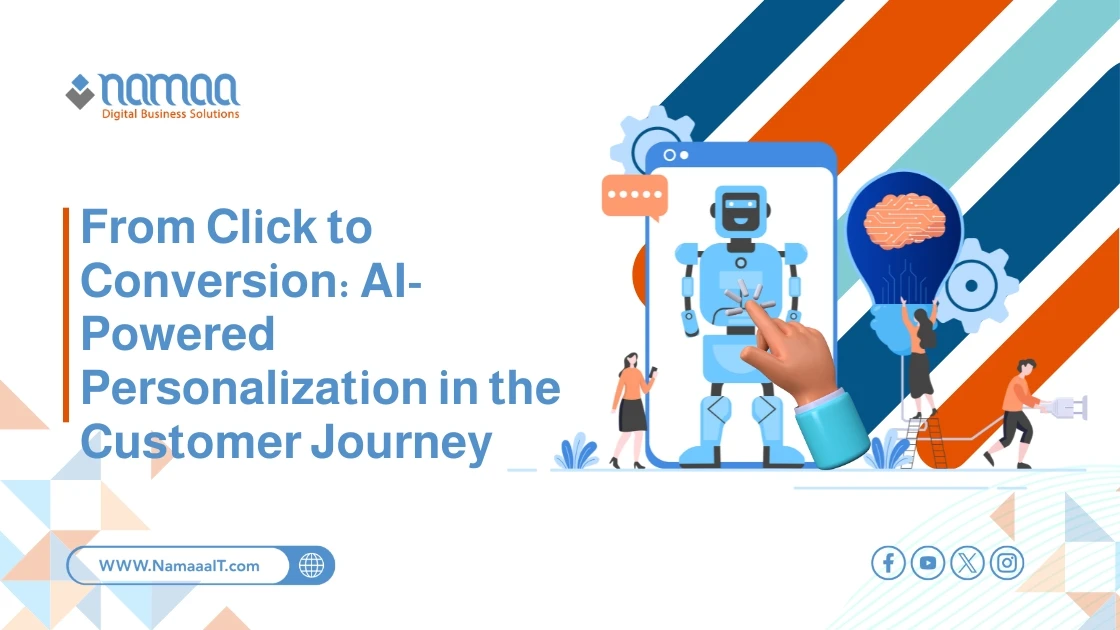


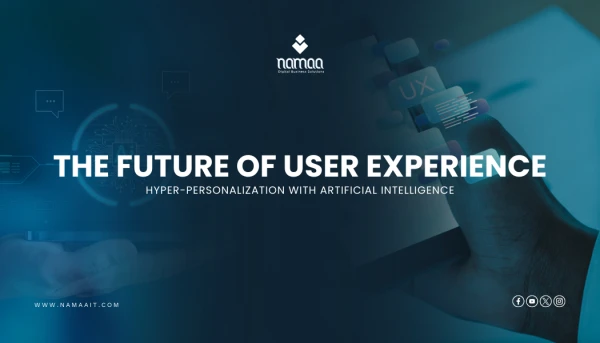
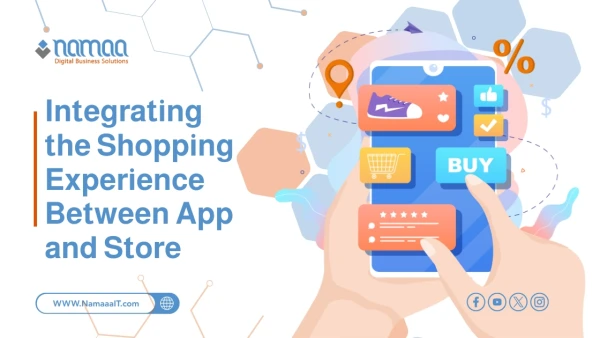
.webp)
